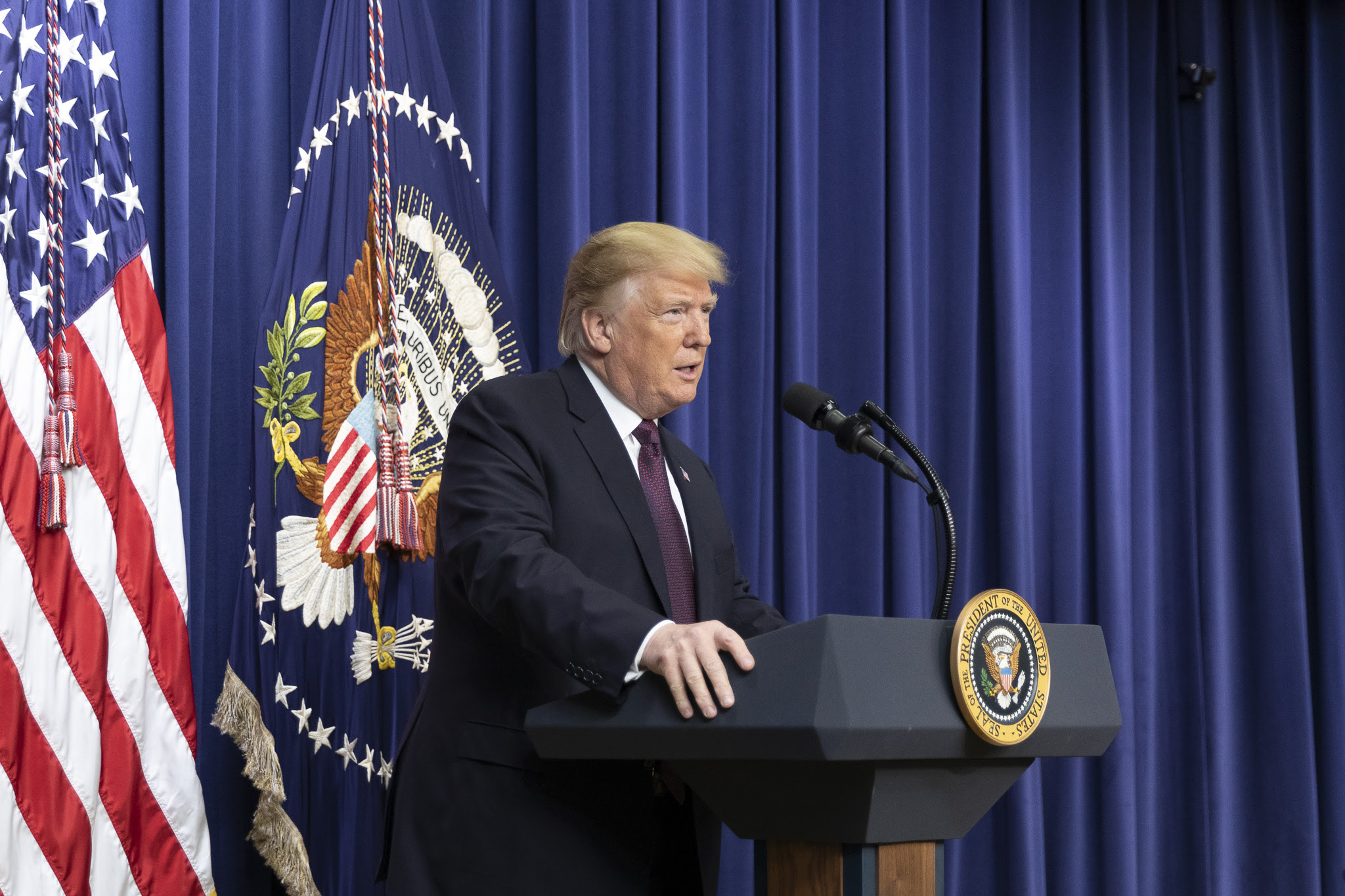Right Report
Floridian Press
Sign up for email updates
Become an insider: Subscribe to our free newsletter.Latest Articles

Smear campaign underway against DeSantis...

Copy of Online gaming company has busine...
Air Force veteran Anna Luna runs Charlie...

Majority of Floridians oppose impeachmen...

Matt Gaetz files ethics complaint agains...

Who will face President Donald Trump in ...

Florida Lawmakers Want Accessible Liquef...

President Trump pens $100K check to Home...

Tomato Suspension Agreement Withdrawal P...

Patronis Questions DNA Testing Companies...









Oil Exploration and Drilling Must Continue off Florida’s Coasts
In light of this disaster, reason should dictate that the whole drilling endeavor was never worth the risks to our coastlines, and now is the time to fold up shop and abandon oil exploration efforts in the Gulf, right? Wrong– in fact, now is time to renew our commitment to oil exploration and drilling in the Gulf and along our coasts. Of course, given our tone deaf President and Congress, it won’t happen in the near future, but it would be happening if we were vested with a stronger confidence in our country as well as a better sense of urgency as to how our future will unfold if we abandon our ambitions and responsibilities in our own hemisphere.
The drilling moratorium that is now in place in the Gulf can permanently destroy oil exploration and drilling efforts in the Gulf of Mexico by companies that are granted permission by the Dept. of the Interior, as the operating costs for a single rig in the Gulf are about $500,000 a day. Those companies will simply pick up and relocate if an industry-wide ban on drilling continues for any substantial period of time. This is a monumentally foolish and costly decision for our country. In the face of global strategic competition, quitting on drilling means ceding our sovereignty, relinquishing our sphere of influence in the world, losing out on harnessing the resources within our reach to other world powers, and effectively mothballing American ingenuity. Venezuela, Spain, India, Vietnam, Malaysia, Canada, Brazil, China, Mexico, Norway, and Cuba are conducting operations in the Gulf of Mexico as we speak.
Do you think the 2nd Amendment will be destroyed by the Biden Administration?(2)
It is said that all engineering is glorified failure analysis, and we have yet to find out what exactly caused the Deepwater Horizon’s fatal malfunction. But oftentimes we forget that the construction of America’s infrastructure came at a huge cost in lives over the decades. Our national efforts in both flight and in space exploration have come at great costs in terms of accidents and lives lost, and yet we persevered in both those endeavors to lead the world and expand our sphere of influence in the world. No other state-controlled or private drilling company ended its offshore drilling operations as a result of this accident.
While it may not look like it will right now, our the environment will recover over time, even if certain affected areas remain tarnished for longer periods of time. But no matter how much deceptive rhetoric about oil exploration the President may spew in primetime, the fact remains that we are not running out of places to drill for oil– the only thing we’re running out of are places for the federal government to ban offshore dilling. In addition, “Peak Oil” theory is looking a lot less credible these days with the amount of oil that is spilling out from the ocean floor from just this one location. We need to embrace the need for oil and its exploration for the foreseeable future until it is replaced by a legitimately more abundant and concentrated an energy source, but that’s probably a long ways off.
It’s time for us to put on the big boy pants and better understand the nature of human progress- its benefits as well as its costs and limitations. Human activity, whether it’s recreational or commercial, entails some degree of spoliation of the environment and harm to wildlife. You don’t see the media trucks converge around the electric power lines or wind farms that are killing scores of birds and other animals. There will be accidents in the future, and no amount of regulation will be able to completely eliminate their possibility. The open question is whether we have the civilizational confidence to continue in our efforts to explore, innovate, and mitigate the chance of accidents occurring. Or we can simply quit and pretend that other nations will somehow stop their oil development efforts in the Gulf, consequences be damned.Support for offshore drilling in Florida lost more than 20 points in the wake of Deepwater Horizon’s accident. But the real question for the people who’ve changed their minds is not whether there will be drilling in the Gulf of Mexico, but just who will be doing that drilling. It’s time for Florida legislators to step up and show some leadership in the face of this disaster, and clearly spell out what is at stake if our gridlock continues, rather than pander to populist outrage and the fickleness of public opinion. Our state’s legislators need to stop lending their support to the federal moratoriums on drilling and exploration, and renew their support for drilling and exploration in state waters. It may not be politically popular to do so at the moment, but it still remains the prudent course of action to pursue.